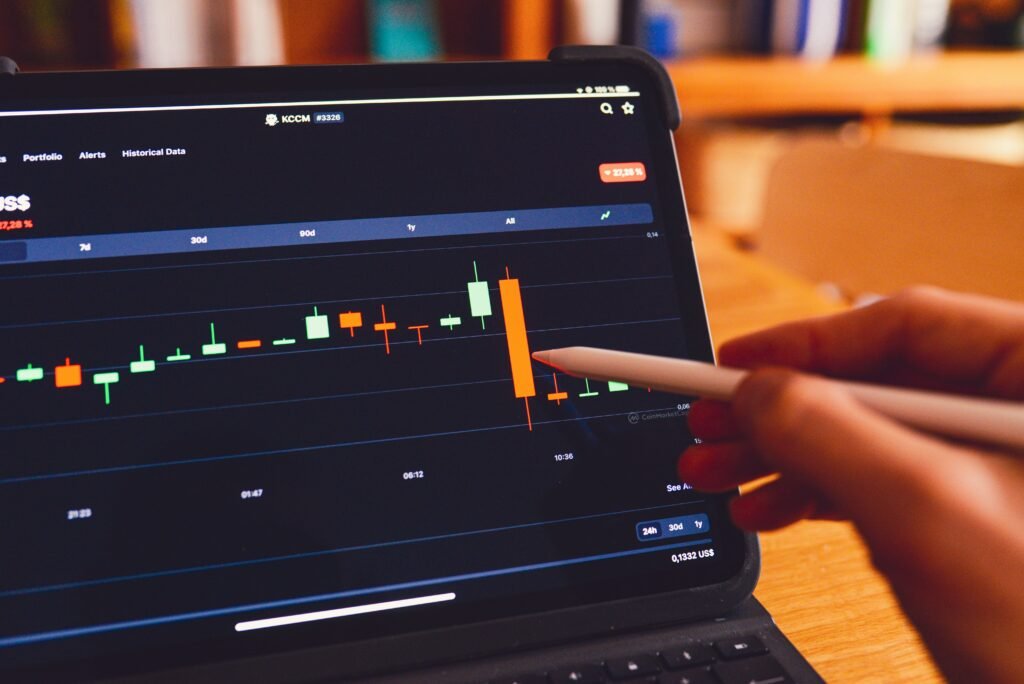Lead: A high-profile crypto ponzi bankruptcy case ended with the court denying discharge to operator Nathan Fuller. In October 2024 Fuller filed for bankruptcy after lawsuits and a receiver seized assets tied to Privvy Investments LLC. The U.S. Trustee and DOJ highlighted falsified records and asset concealment as proof of a Ponzi scheme. The ruling makes clear bankruptcy cannot shield deliberate crypto fraud. This crypto ponzi bankruptcy decision sends a strong message to bad actors and to defrauded investors.
Who is Nathan Fuller
Nathan Fuller ran Privvy Investments LLC, which the court found operated like a Ponzi scheme. Court filings show more than $12.5 million misappropriated for luxury spending and gambling trips. The U.S. Trustee described Fuller as a dishonest debtor who hid transfers and falsified bank records. In this crypto ponzi bankruptcy the judge held Fuller personally liable and refused his discharge. Investors and creditors face a long path to recovery.
Bankruptcy discharge denied
The core finding was bankruptcy discharge denied because Fuller concealed funds and lied on documents. Judges cited falsified records and transfers routed through mixers and offshore accounts. The denial in this crypto ponzi bankruptcy reinforces anti-concealment rules in bankruptcy law. Courts can bar discharge when debtors act in bad faith or commit fraud. Creditors welcomed the ruling but warned full recovery remains uncertain.
How assets were hidden
Evidence shows asset concealment using property transfers, third-party payments, and crypto mixers. Privvy Investments LLC bank statements were altered and some transfers went through exchanges abroad. Blockchain forensics helped map flows and link wallets to Fuller’s spending. In the crypto ponzi bankruptcy, forensics provided key leads that traditional accounting could not. That combination made cross-border asset recovery more feasible.
Chapter 15 recognition and recovery
The legal team plans Chapter 15 recognition to coordinate foreign recovery efforts and to compel records overseas. Letters rogatory and mutual legal assistance will support cross-border asset recovery. The court can order turnover and use civil contempt to enforce compliance. In this crypto ponzi bankruptcy, multinational cooperation matters for reclaiming funds. Experts warn that crumbs of recoverable value often remain after fraud costs.
U.S. Trustee and enforcement
The U.S. Trustee played a central role in exposing Fuller’s misconduct and briefing the court. Regulators and prosecutors now treat crypto fraud seriously, aligning bankruptcy and criminal remedies. The U.S. Trustee’s involvement helped prove intent to defraud in this crypto ponzi bankruptcy. Legal commentators noted the case shows stronger scrutiny for crypto-linked bankruptcy filings. The ruling may deter future operators tempted to use bankruptcy as an escape.
What this means for victims and markets
Victims should expect litigation and forensic tracing to continue, not immediate repayment. Recovery depends on asset location, cooperation, and the cost of legal processes. The Privvy Investments LLC collapse highlights risks in off-exchange schemes and the need for due diligence. This crypto ponzi bankruptcy will likely be cited in future cases about asset hiding and falsified records. For the broader crypto market, the decision underscores growing enforcement and accountability.
Additional context and outlook
Legal experts like Navodaya Singh Rajpurohit and Kristin Johnson say the ruling strengthens creditor protections. Alex Chandra and others caution full recovery may be limited despite the legal win. The case in Texas shows courts can combine bankruptcy tools and blockchain forensics effectively. Still, cross-border asset recovery remains complex and costly. This crypto ponzi bankruptcy is a precedent for tougher treatment of dishonest debtors.
Frequently asked questions about crypto Ponzi bankruptcy (FAQ)
What triggered the denial of discharge?
The court denied discharge because Fuller concealed assets, falsified records, and acted with fraudulent intent.
Can victims get their money back?
Some recovery is possible through receivers, Chapter 15, and cross-border cooperation, but full repayment is uncertain.
How did blockchain forensics help?
Blockchain forensics traced transfers, linked wallets to spending, and supplied evidence to support asset concealment claims.
Will regulators pursue criminal charges?
The DOJ and other authorities may pursue criminal cases alongside bankruptcy remedies, depending on evidence and jurisdiction.
Sources to this article
No first-party external sources were used beyond the supplied case context and analysis.



